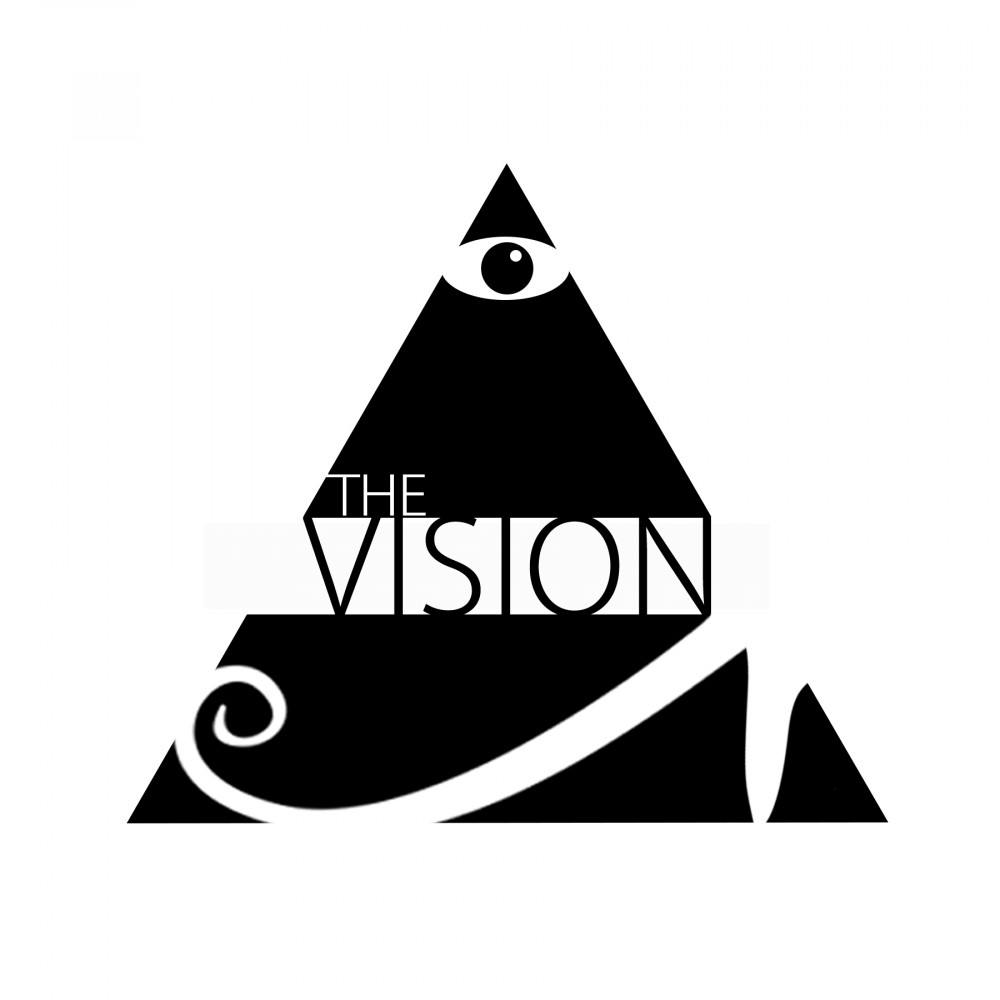O nly just this summer, Defense Secretary Chuck Hagel revised United States military regulations. Previously, natural black hair was ruled “unkempt” and unfit for the military. Even after the revision, Jessica Sims, a Navy officer, was discharged from the Navy for refusing to change her hair. For individuals like Jessica Sims, being true to themselves comes at a cost that some do not have to pay. The idea that natural black hair is unacceptable persists even outside the workplace. When photos emerged of Beyonce with her baby, Blue Ivy, with her natural hair, some people started a petition to pressure Beyonce to comb or braid her baby’s “nappy” and “unkempt” hair.
This pervasive notion that black people have to change their bodies is ingrained in our society and makes it difficult to recognize how external forces have been internalized. Whether this self-loathing comes in the form of using makeup or chemicals to brighten skin tones or using heat or treatments to straighten hair, the goal has been to meet a standard of beauty that elevates one group of people and simultaneously demeans another. Given this current climate, we realized that the contemporary relevance of Toni Morrison’s “The Bluest Eye” cannot be overstated. The story is more than a tale of struggle — it offers us a glimpse into an often forgotten and silenced group of our society.
“The Bluest Eye” tells the story of three young black girls living in Ohio in the 1940s. We see everything through the eyes of Pecola, Claudia, Frieda and their families, who are all products of a culture that existed in our recent past and still affects us today. Pecola struggles to make her dark body invisible, hopelessly wishing to open her eyes to a world where she is loved and respected and bad things don’t happen to her. For Pecola, such a world is only possible for the one who possesses the bluest eyes.
While working on our stage production of “The Bluest Eye,” we both were reminded of our experiences at Penn when it sometimes seemed such a world of unquestioned acceptance was only possible for those with the bluest eyes. Whether it was having a friend explain why black guys are not attractive or being told by some friends that “you look really Asian without your glasses,” both of us were in situations where our bodies were measured against a standard that only pointed out our differences.
Working on this production has given us a historical context to our own self-perceptions and our experiences overall. We see that even to this day, blackness is a thing to be smothered, dampened and even removed. In the media, we see light skin favored over dark skin. We see straight hair treated as something to be admired and desired while tighter curls are seen as a burden that need to be treated . For example, a few years ago, when Gabby Sidibe, the star of “Precious,” appeared on the cover of Elle magazine, her skin was noticeably lighter than her actual skin tone. We continue to see black bodies sexualized, demonized and stereotyped, but they are never seen as beautiful in and of themselves. Instead of beautiful black curls or beautiful black skin, the media shows us what we do not have — yellow hair and blue eyes.
This play is relevant even today because Morrison makes no attempt to disguise the flaws of her characters. Whereas the media reduces the bodies and behaviors of blacks to stereotypes — often emphasizing their inferiority — she recreates the struggle without bias. Her characters are raw, often caught up in the horrors of their struggle, and we see them flustered, crying, fuming and joyful.
Readers of the story and viewers of the play see the characters down to the most guarded parts of their psyches — and in doing so, are compelled to reflect on their own. We hope that the theatre will be a new way to interact with these heavy and complex subjects that are often left to the internal.
Tahir Bell is a College sophomore and the producer of 4A’s “The Bluest Eye.” Ian Jeong is a Nursing sophomore and the assistant producer of “The Bluest Eye.” Their email addresses are tahirb@sas.upenn.edu and joenge@nursing.upenn.edu, respectively. The production will be held on Nov. 14 and 15 and will be followed by a talk-back session; more information can be found on the Facebook page.
The Daily Pennsylvanian is an independent, student-run newspaper. Please consider making a donation to support the coverage that shapes the University. Your generosity ensures a future of strong journalism at Penn.
DonatePlease note All comments are eligible for publication in The Daily Pennsylvanian.








